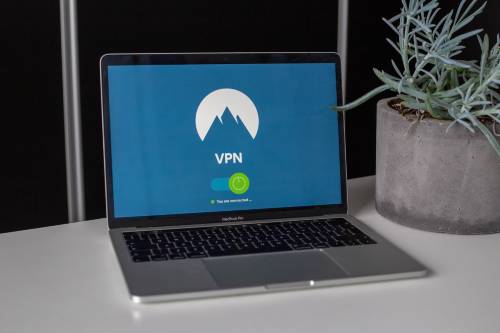How to find trusted websites
An important part of positive internet access is knowing how to find and identify trustworthy websites. According to About.us, one way to tell if a website is trustworthy is to look at the url. If it has https:// then that means it has a secure connection, compared to just http://. Check to make sure if the site is secure before giving personal information such as credit card information or social security number. Look for an author on the website and check to see if they have a biography or short description about themselves. If the bio has too many vague terms, it might not be legit. In addition, research the author to confirm and look for more information about them. Look at and read through the website to check for any grammatical errors, poor writing skills, or bad design. Also, check for bias in the website to make sure you get accurate information. [1]


